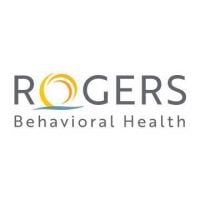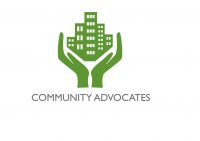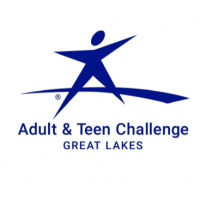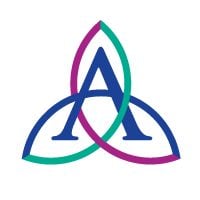
Ascension All Saints Hospital - Spring Street Campus
Drug Rehab Center in Racine, Wisconsin
- Opioid Addiction
- Dual Diagnosis
- Drug Addiction
- Alcoholism
Ascension All Saints Hospital - Spring Street Campus is an accredited treatment facility in Racine, Wisconsin that offers specialized services for those struggling with addiction including DBT, family/group/individual therapy, CBT, and creative arts therapy.
About Ascension All Saints Hospital - Spring Street Campus in Wisconsin
Ascension All Saints Hospital - Spring Street Campus is a treatment facility located in Racine, Wisconsin. The facility offers specialized treatment services to individuals struggling with alcohol abuse, dual diagnosis, opioid addiction, and drug addiction. Ascension All Saints Hospital is accredited by the Joint Commission on Accreditation of Healthcare Organizations (JCAHO) and accepts private health insurance. Treatment methods and therapies available at the facility include dialectical behavioral therapy (DBT), family therapy, group therapy, individual therapy, life skills, and cognitive behavioral treatment (CBT). In addition, the facility offers creative arts therapy as a means of providing resources and services for the treatment of addiction-related issues.
Ascension All Saints Hospital - Spring Street Campus is part of the larger Ascension health care network in Wisconsin. The network is part of a nationwide system of care, providing comprehensive, quality health care services to improve the health of individuals and communities. The organization's mission is to improve the health of individuals and communities and to advance the practice of health care for all. By providing specialized treatment services and programs, Ascension All Saints Hospital - Spring Street Campus serves as a leader in the treatment of addiction.
Genders
Ages
Modality
Additional
Accreditations

JCAHO
Conditions and Issues Treated
Opioids are a group of drugs that include substances such as heroin, morphine, and oxycodone. These drugs activate opioid receptors in the brain, which produce pleasurable feelings. Opioid addiction occurs when drugs are abused at increasing rates or increasing amounts because the body becomes tolerant of them.
Opioid addiction is typically diagnosed when drug abuse becomes a typical behavior that interferes with an individual’s ability to function daily. The use of the substance results in consequences like legal problems.
Treatment for opioid addiction varies depending on each individual’s needs. Some treatments focus on replacing opioids with other drugs that have similar effects of reducing withdrawal symptoms. Other treatments aim to reduce the risk of relapse by providing psychological support or using more natural methods.
Levels of Care Offered
This center offers a variety of custom treatment tailored to individual recovery. Currently available are Drug Rehab, Outpatient, with additional therapies available as listed below.
Outpatient programs offer a lower intensity level of addiction treatment than inpatient facilities. They are ideal for those who have graduated from inpatient facilities, have a supportive home environment, and are motivated to commit to the program. Services offered include medication-assisted treatment, individual and group therapy, and peer group support.
This treatment is a popular option for those suffering from a lower intensity addiction. It is not advisable for someone who needs to go through a medically supervised detox or does not have a supportive home environment. It requires motivation and dedication to commit to the program without constant monitoring.
Therapies & Programs
During individual therapy at Ascension All Saints Hospital - Spring Street Campus in , the person in recovery meets with a therapist one on one to go over their situation and learn from past mistakes. The counselor or therapist will use this time to address the causes of addiction, triggers, and any mental issue or dual diagnosis. They will also address aftercare plans, giving them the best chances of long-term sobriety.
This therapeutic process is very intense and challenging to go through. Some clients may find it easier to open up with someone apart from their family or loved ones who understand their struggles and experience with addiction.
Family therapy is designed to help addicts get clean and sober by using what they love the most; their family. Most drug treatment centers make it mandatory that the addict’s family attend therapy sessions, which is great because having everyone there to support them makes it much easier for them to get clean. Not only are they surrounded by people who want them to get better, but everyone is there because they want the best for them, not because they feel like they have to be.
Drug addicts are often surrounded by resentful or uneducated family members who would, at times, rather see them stay addicted because it makes their own lives easier. Sometimes they don’t understand what the addiction is or how they play a part in it. They know that during and after the addict’s sobriety journey, they will face challenges and changes that they aren’t sure how to handle. This can be very tough for an addict to go through on their own, which is why it’s so important that they have the support of their family. Just because someone is an addict does not mean that they don’t deserve the love and support of those around them.
Addicts in Racine, WI can find support in group therapy at Ascension All Saints Hospital - Spring Street Campus by finding peers who understand their situation and being held accountable. They also learn to develop faith, understanding, and insight into their addiction through shared conversations.
Group Therapy is employed by drug treatment centers to provide the recovering addict with a platform to talk about their feelings and experiences. It also provides for an opportunity to learn from other addicts who have successfully overcome their addiction. It is recommended that all group members be recovering addicts for this type of therapy to work.
Dialectical behavior therapy (DBT) is a cognitive-behavioral therapy that focuses on eliminating specific negative thoughts, such as suicidal thoughts. These negative thoughts can potentially lead to an individual inflicting self-harm. It helps treat patients exhibiting uncontrollable emotions, intense mood swings, and borderline personality disorders.
The term “Dialectic” means the integration of opposites. In substance abuse, DBT refers to accepting the patient’s addiction and working to change their thoughts and behavior. It improves life skills such as controlling intense emotions without reacting impulsively, resolving interpersonal conflicts effectively, and promoting awareness about self and others.
Cognitive Behavioral Therapy (CBT) helps addicts comprehend the causes of their substance abuse and the consequences that follow. The treatment’s goal is to help addicts gain self-control and maintain abstinence from drugs and alcohol over the long term. Through CBT, clients learn to recognize and avoid high-risk situations and cope with challenging situations when they arise.
Many people who struggle with addiction in Racine, Wisconsin also have trouble managing their daily responsibilities after treatment. With this type of therapy, addicts are taught how to manage their time, attain specific goals, and take care of all facets of their lives without the influence of drugs or alcohol.
During these sessions, therapists will work with addicts to identify personal values and goals. They will then help addicts set goals for achieving those values and standards. In the process, therapists help addicts develop strategies for fulfilling their goals and successfully managing their responsibilities.
In many cases, this type of therapy is used in conjunction with other types of addiction treatment services to address specific issues that affect a recovering addict’s ability to stay sober.
Payment Options Accepted
For specific insurance or payment methods please contact us.
Is your insurance accepted?
Ask an expert, call (888) 674-0062
Ascension – Wisconsin Associated Centers
Discover treatment facilities under the same provider.
- Columbia St. Mary's Hospital - Ozaukee in Mequon, WI
- Ascension St. Francis Hospital - Outpatient Center - Behavioral Health in Milwaukee, WI
- Ascension St. Francis Hospital - Outpatient Center - Behavioral Health in Milwaukee, WI
- Ascension - St. Michael's Hospital in Stevens Point, WI
- Ascension NE Wisconsin - Mercy Medical Center in Oshkosh, WI
Learn More About Ascension – Wisconsin Centers
Additional Details
Specifics, location, and helpful extra information.
Racine, Wisconsin 53405 Phone Number(262) 687-5300 Meta DetailsUpdated November 25, 2023
Staff Verified
Ascension All Saints Hospital - Spring Street Campus Patient Reviews
There are no reviews yet. Be the first one to write one.

Location
3801 Spring St
Racine, WI 53405
(262) 687-5300
Accreditations

Ascension – Wisconsin
Language
Social Media
Quick Reference
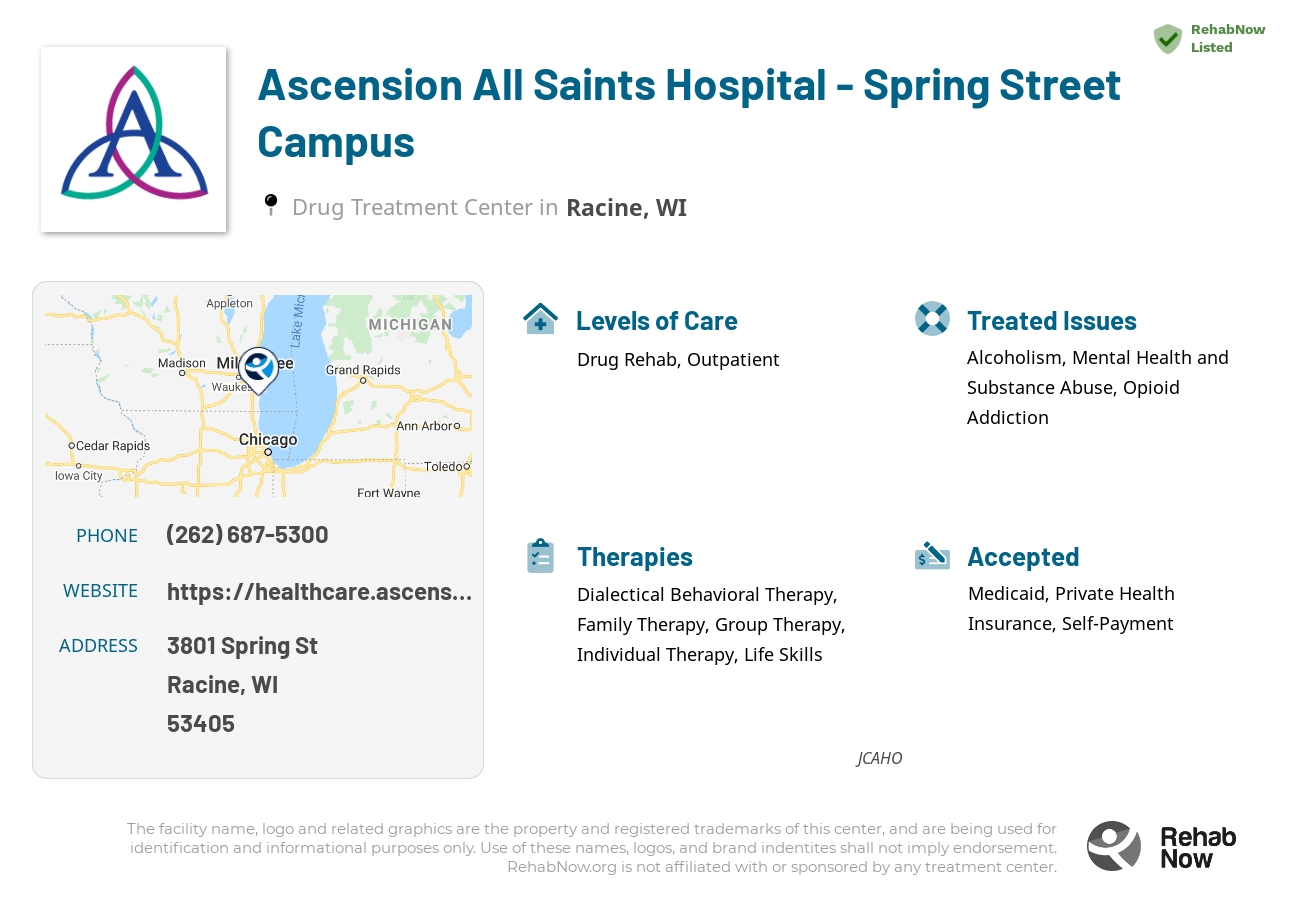
- About Ascension All Saints Hospital - Spring Street Campus in Wisconsin
- Accreditations
- Conditions and Issues Treated
- Levels of Care Offered
- Therapies & Programs
- Payment Options Accepted
- Ascension – Wisconsin Associated Centers
- Additional Details
- Ascension All Saints Hospital - Spring Street Campus Patient Reviews
Racine, Wisconsin Addiction Information
Wisconsin has some of the highest rates in the United States for both adolescent and adult substance abuse. Since 2009, the state has been experiencing the same escalating rates of drug abuse and addiction as the rest of the country. The major concerns are the misuse of prescription painkillers and the escalating number of deaths due to alcohol-related liver disease.
According to the Wisconsin Department of Health Services, drug addiction can quite severe in Racine, WI. There were 548 hospitalizations due to alcohol and drug abuse in Racine in 2014 alone. The number of overdose deaths in Racine County has more than doubled since 2013. If you are struggling with addiction, many types of treatment are available in Racine, WI. Inpatient treatment can be very effective but also very intensive and expensive.
Treatment in Nearby Cities
- Siren, WI (309.0 mi.)
- Delafield, WI (37.1 mi.)
- Fort Atkinson, WI (53.0 mi.)
- East Troy, WI (29.6 mi.)
- Boscobel, WI (148.4 mi.)
Centers near Ascension All Saints Hospital - Spring Street Campus


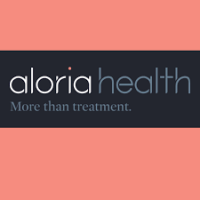
The facility name, logo and brand are the property and registered trademarks of Ascension All Saints Hospital - Spring Street Campus, and are being used for identification and informational purposes only. Use of these names, logos and brands shall not imply endorsement. RehabNow.org is not affiliated with or sponsored by Ascension All Saints Hospital - Spring Street Campus.
